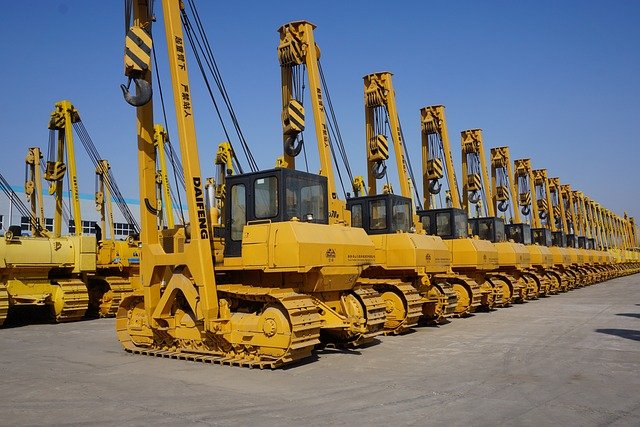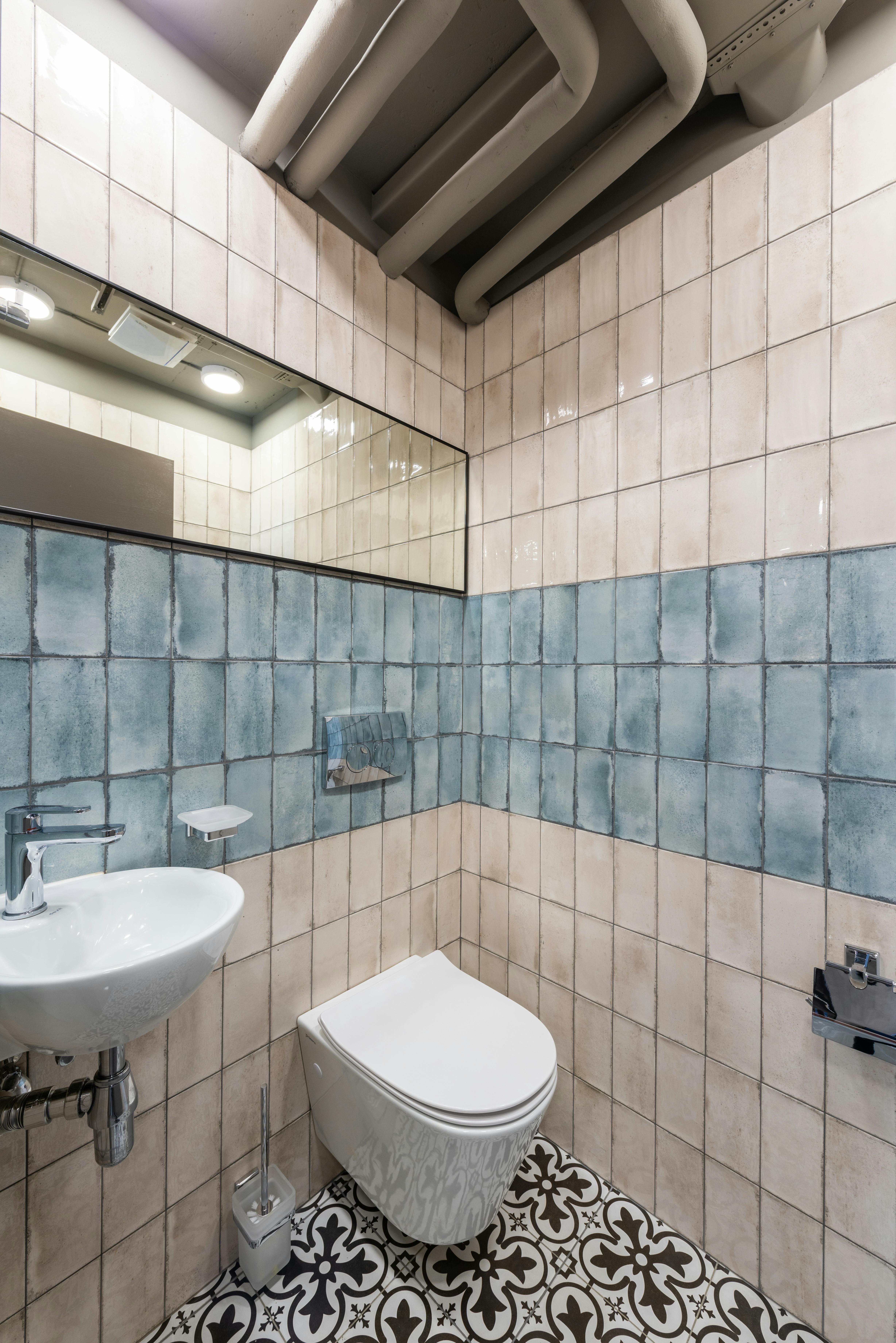How to Choose Appliances That Last and Perform Well
Selecting the right appliances transforms how your home works. From kitchen essentials to laundry machines, focus on durability, reliable performance, and practical design that makes daily chores simpler while adding a modern, functional, and stylish touch to every room.

How to Evaluate Appliance Durability Before Purchase
When investing in new appliances, durability should be a primary consideration. Start by researching brands with established reputations for longevity. Look beyond the surface appearance and examine the build quality—solid construction with minimal plastic components typically indicates better durability. Check door hinges, drawer slides, and control knobs for sturdiness. Consumer Reports and similar publications offer reliability ratings based on actual user experiences, providing valuable insights into which brands maintain performance over time. Additionally, examine warranty offerings closely. Manufacturers confident in their products typically offer longer coverage periods and more comprehensive protection. Some premium appliance brands provide warranties of 5-10 years on critical components, significantly longer than the standard 1-year coverage.
What Energy Efficiency Ratings Actually Mean for Performance
Energy efficiency ratings aren’t just about environmental consciousness—they directly impact performance and operating costs. The Energy Star label indicates that an appliance meets specific efficiency standards set by environmental protection agencies. For refrigerators, washing machines, and dishwashers, check the Energy Guide label, which estimates annual operating costs and compares efficiency with similar models. Modern efficient appliances often incorporate advanced technology that improves performance while using less electricity or water. For instance, inverter technology in refrigerators maintains more consistent temperatures while using less energy. When comparing models, calculate the potential energy savings over the appliance’s expected lifetime—sometimes a higher upfront cost is justified by substantial long-term savings on utility bills.
Tips for Buying Quality Appliances for Your Home
Research is essential before making any appliance purchase. Read both professional reviews and actual customer feedback to get a comprehensive picture of performance and reliability. Visit showrooms to physically interact with appliances—this hands-on experience reveals aspects that can’t be gleaned from online research, such as how comfortable a refrigerator handle feels or how intuitive a control panel is to operate. Consider the appliance’s technology complexity relative to your needs; sometimes simpler models with fewer electronic components prove more reliable over time. Also, timing your purchase during major sales events like Black Friday, end-of-model closeouts, or holiday promotions can yield significant savings without compromising quality. When possible, buy from retailers offering installation services and clear return policies to ensure proper setup and recourse if issues arise.
Which Features Actually Matter for Long-Term Satisfaction
When evaluating appliance features, distinguish between those that enhance functionality and those that are merely marketing gimmicks. For refrigerators, adjustable shelving, humidity-controlled drawers, and door alarms consistently prove valuable. In washing machines, focus on fundamental capabilities like effective cleaning cycles, proper water temperature control, and vibration reduction. Dishwasher features worth prioritizing include multiple spray arms, filtration systems, and adjustable racks. Consider your household’s specific needs—a family of five has different requirements than a single person. Additionally, check whether replacement parts are readily available and affordable, as this significantly affects repair feasibility. Sometimes the most satisfying appliances are those with straightforward, well-executed core functions rather than numerous rarely-used special features.
How to Assess Appliance Maintenance Requirements
An often overlooked aspect of appliance selection is maintenance complexity. Different models require varying levels of upkeep to maintain peak performance. Before purchasing, investigate typical maintenance procedures—some high-end appliances need specialized care or professional servicing. Check whether filters, water lines, or other components need regular replacement and the associated costs. User-serviceable parts and easily accessible components reduce long-term maintenance expenses. Some manufacturers provide detailed maintenance guides or even smartphone apps with maintenance reminders and troubleshooting assistance. Additionally, consider the cleaning requirements—appliances with crevices, complex seals, or hard-to-reach areas will demand more time and effort to keep clean. Prioritizing models designed with maintenance accessibility in mind can significantly reduce frustration and extend appliance lifespan.
Understanding Appliance Price-to-Quality Relationships
The correlation between price and quality in appliances isn’t always straightforward. While extremely budget models often compromise on materials and construction, the most expensive options don’t necessarily offer proportionally better performance or longevity. Mid-range appliances frequently provide the optimal balance between quality and value. When evaluating pricing, consider the total cost of ownership, including purchase price, energy consumption, maintenance requirements, and expected lifespan.
| Appliance Type | Mid-Range Quality Brands | Typical Price Range | Expected Lifespan |
|---|---|---|---|
| Refrigerator | Whirlpool, Bosch, GE | £600-£1,500 | 10-15 years |
| Washing Machine | Miele, Samsung, LG | £400-£900 | 8-12 years |
| Dishwasher | Bosch, Siemens, AEG | £350-£800 | 9-13 years |
| Range/Oven | Neff, Zanussi, Hotpoint | £500-£1,200 | 10-15 years |
| Microwave | Panasonic, Sharp, Samsung | £100-£300 | 7-10 years |
Prices, rates, or cost estimates mentioned in this article are based on the latest available information but may change over time. Independent research is advised before making financial decisions.
How to Select Durable Appliances for Long-Term Use
To identify appliances built for longevity, prioritize models with proven track records. Look for established manufacturers with histories of reliable products and good customer support. Mechanical simplicity often translates to greater durability—appliances with fewer electronic components generally have fewer potential failure points. For major appliances like refrigerators and washing machines, commercial-grade or prosumer models frequently offer better construction and longer lifespans. Metal components typically outlast plastic ones in high-stress areas. Before finalizing your selection, investigate common failure points for specific models through repair forums and consumer advocacy sites. Some manufacturers design appliances for repairability, while others produce essentially disposable products. The difference may not be apparent from marketing materials but becomes crucial when something inevitably needs repair five years into ownership.
When selecting appliances, balancing performance requirements, durability factors, energy efficiency, and budget constraints will lead to choices that serve your household well for years to come. By focusing on meaningful quality indicators rather than marketing hype, you can make confident purchasing decisions that result in reliable, effective appliances tailored to your needs.




